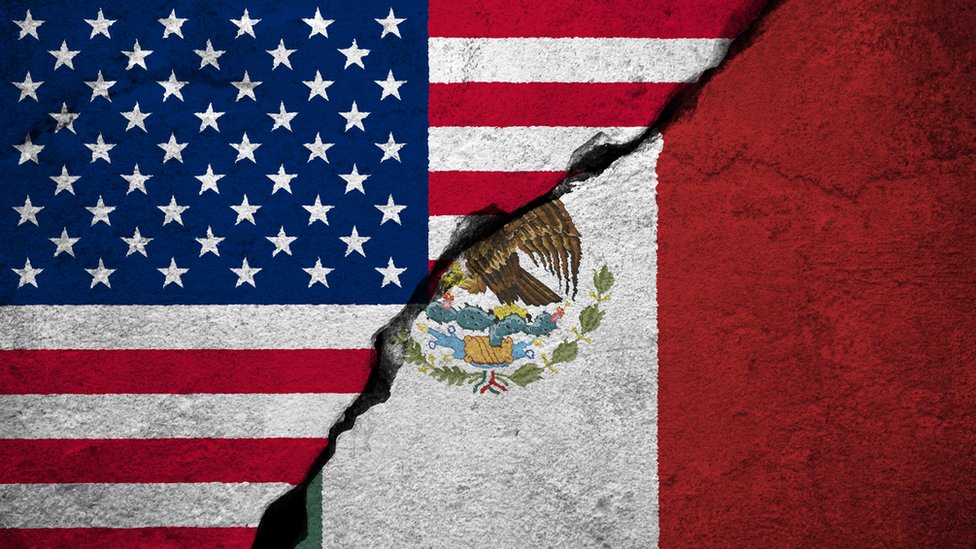Understanding the United States-Mexico Relationship
The relationship between the United States and Mexico is a multifaceted interplay of cultural, economic, and political factors that shape both nations significantly. This is a dynamic relationship, often influenced by current events, trade policies, immigration issues, and more. In this blog post, we will delve deep into the complexities surrounding this relationship, highlighting key historical moments and current trends that impact both nations.
Historical Context
The roots of the United States and Mexico’s relationship can be traced back to the early 19th century, forming against the backdrop of territorial expansion and conflicts. The Mexican-American War (1846-1848) was a significant event that set the stage for contemporary issues. Post-war treaties altered boundaries and profoundly affected immigration and trade patterns that resonate to this day.
Cultural Influence
Culturally, the two nations have exchanged traditions, languages, and art forms. The influence of Mexican culture is evident in various aspects of American life, from food to celebrations. Furthermore, it is essential to recognize how younger generations of Mexican-Americans act as cultural bridges that foster understanding between the two countries.
Economic Interdependence
The economic ties between the U.S. and Mexico are strong, characterized by a robust trade relationship. The United States is Mexico’s largest trading partner, with bilateral trade reaching monumental figures in recent years. Key exports from Mexico include automotive parts, electronics, and agricultural produce, which are vital to the U.S. economy.
In 2020, according to the U.S. Census Bureau, the total goods trade between the U.S. and Mexico amounted to $615.9 billion, showcasing a 2.1% increase despite the challenges posed by the global pandemic. This trade relationship illustrates how intertwined the economies of both countries have become, impacting job creation and economic stability on both sides of the border.
Immigration Issues
Immigration remains one of the most contentious topics in U.S.-Mexico relations. Millions of Mexican immigrants contribute to the American workforce, yet immigration policies continue to be a polarizing issue. Historical migrations, demographic trends, and socio-economic conditions in both countries shape current immigration dynamics.
Debates around border security, immigration reform, and the treatment of migrants often dominate political discussions. Recognizing the human element in these conversations is critical for fostering a nuanced understanding of this complex issue. For a recent exploration of the intricacies involved in immigration, refer to BBC News.
Political Dynamics
Political relations between Mexico and the United States are often marked by both cooperation and contention. Secure and cooperative conditions are essential for effective policy implementation in areas like trade, security, and the environment. Recent political changes in both countries have influenced diplomatic relations, creating both challenges and opportunities.
For instance, the launch of the United States-Mexico-Canada Agreement (USMCA) marked an important step toward modernizing trade relations. This agreement focuses on promoting fair trade, protecting workers’ rights, and ensuring environmental sustainability.
Public Perception and Media Representation
Media representation plays a crucial role in shaping public perceptions of the United States-Mexico relationship. Often, narratives in the media can reinforce stereotypes or provoke misguided fears about immigration and trade. Therefore, responsible media consumption becomes essential in forming informed opinions.
Addressing Challenges Together
In addressing contemporary challenges, both nations must prioritize collaborative efforts to develop policies that ensure mutual benefits. Issues such as climate change, economic disparities, and public health require joint responses that transcend nationalistic approaches.
In conclusion, the relationship between the United States and Mexico is characterized by a historical context filled with complexities but also considerable opportunities for cooperation. Understanding these dynamics is essential for HR professionals, business leaders, and policymakers aiming to navigate the intricacies of this vital neighboring relationship.








